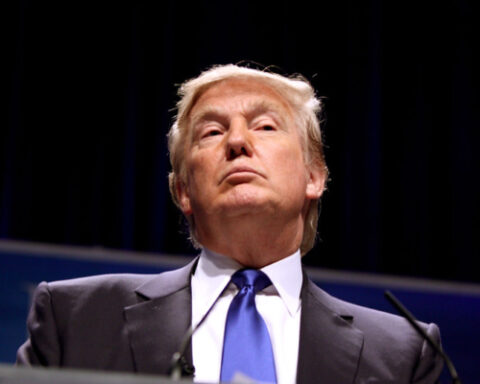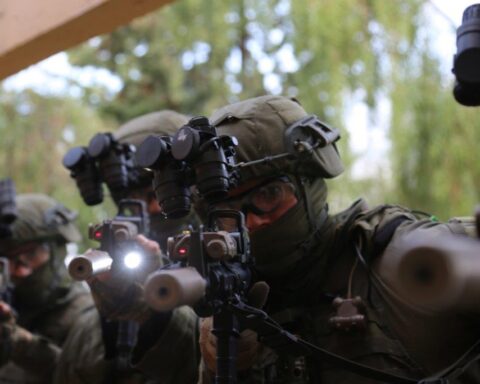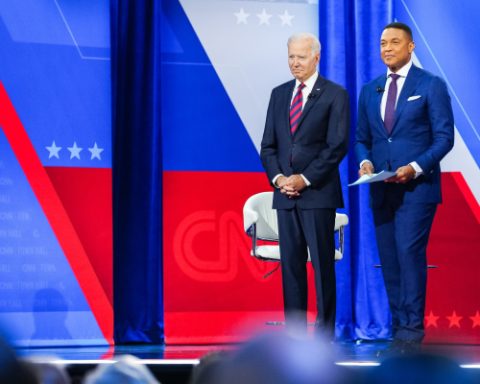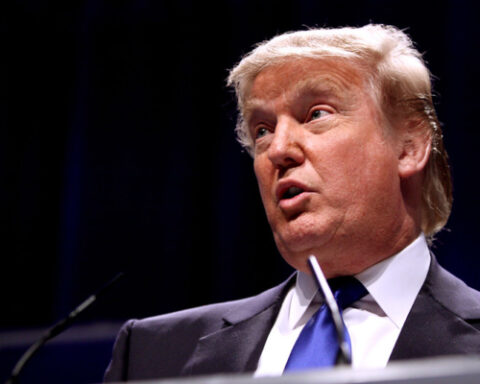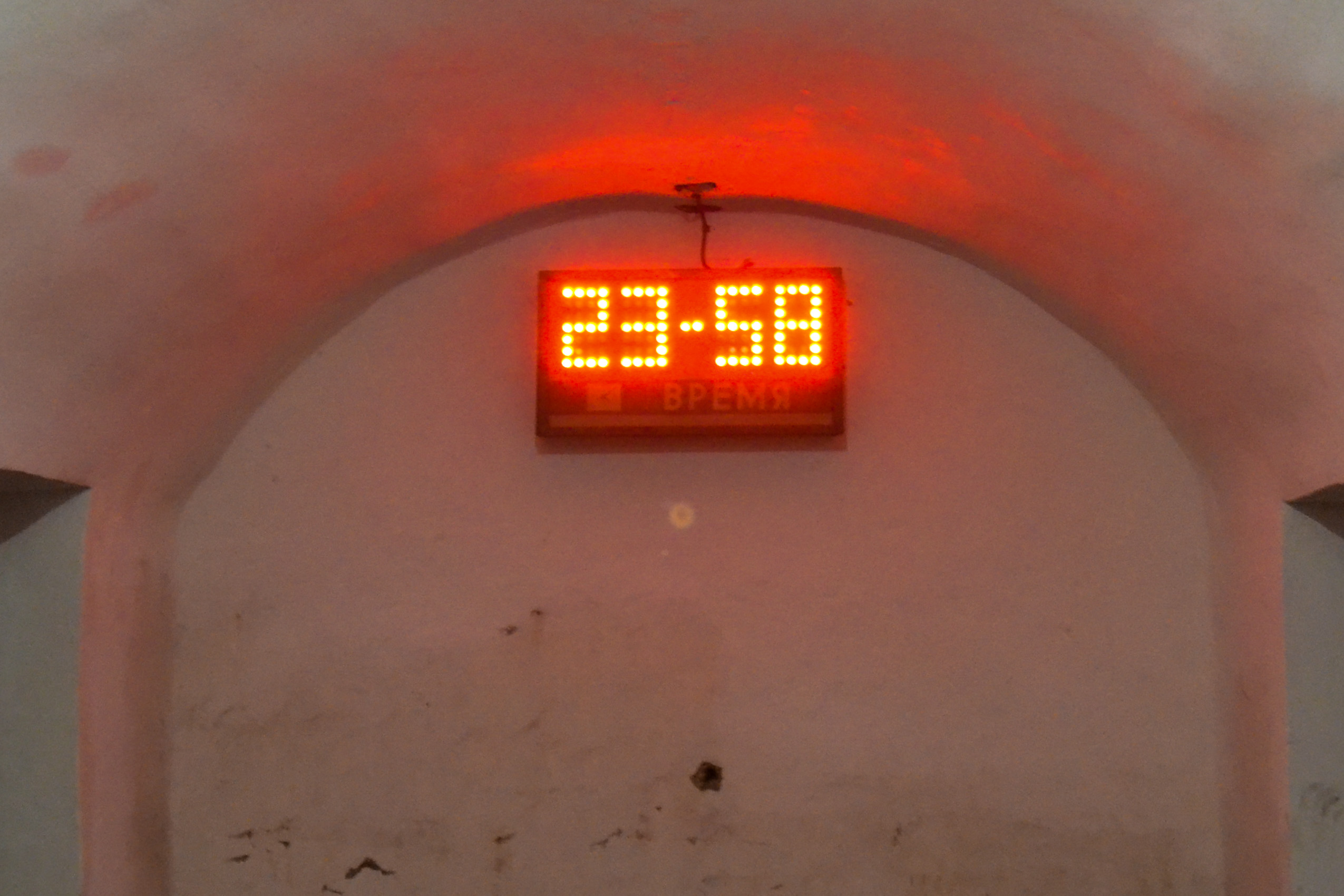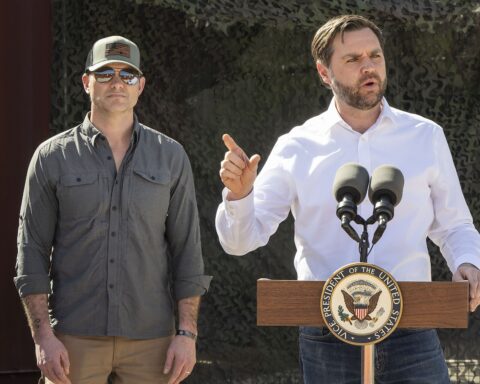Former Trump advisor Steve Bannon reportedly issued a sharp warning Tuesday evening, describing as reckless any plan by President Trump to arm Ukraine with long-range missiles capable of striking deep into Russian territory.
On his War Room podcast, Mr. Bannon decried the idea as a dangerous “trip into nuclear war.”
“I’m not going to sit here while we’re literally arming people we have no control over,” Mr. Bannon said. “This is a crazy escalation—it could lead to real disaster.” His words struck an unusually fierce tone of dissent within conservative circles, reflecting growing alarm over what some see as a tipping point in U.S. involvement.
The controversy was sparked by a report in the Financial Times describing a July 4 conversation between President Trump and Ukrainian President Volodymyr Zelensky.
According to unnamed sources, Mr. Trump asked, “Volodymyr, can you hit Moscow? Can you hit St. Petersburg too?” Mr. Zelensky was said to have answered, “Absolutely. We can if you give us the weapons.”
The proposal marked a dramatic shift in tone from Mr. Trump’s earlier positions, which had leaned toward restraint in the conflict.
On the podcast, Mr. Bannon suggested the president might have been “playing to the crowd” — but cautioned that the consequences were anything but performative. “This is not some hollow missile threat,” he said. “This is real life. And this is how nuclear escalations begin.”
Following the report, the Trump team sought to walk back the remark. A White House spokesperson clarified that Mr. Trump “was asking a question, not encouraging additional hostilities.”
Still, the episode comes at a fraught moment, as Mr. Trump has pivoted to promise Ukraine more sophisticated weaponry—including Patriot missile systems funded by NATO allies—in an effort to demonstrate resolve.
“The goal is to make Russia feel the pain,” Mr. Trump told reporters last week, emphasizing that Europe would shoulder the cost. Yet even within the conservative camp, unease is simmering.
“We’re about to hand lethal, long-range weapons to a partner with independent decision-making,” Mr. Bannon said. “We don’t control the launch codes.”
National security analysts have echoed the concerns, warning that deep strikes into Russian territory could cross a red line prompting countermeasures—possibly including the use of tactical nuclear weapons in Ukraine.
Yet administration allies argue the tactic could force Russia back to the negotiating table. In a statement on social media, Mr. Trump said, “They need to feel the price of war, or Moscow will continue to bully its neighbors.”
The debate exposes a rift within the right flank of the Republican base: between traditionalists who fear war creep and interventionists who see escalation as a strategic necessity.
As policymakers and pundits sift through the implications, one question looms large: will deep-airstrike capability deter Moscow—or deliver the world to the brink?
[READ MORE: Trump Threatens to Revoke Rosie O’Donnell’s Citizenship]


